A campaign has been launched to bring under-threat Dundee bus routes into public ownership as the “lifeline” services are set to be axed.
The 204, 206, and 236 routes are set to be withdrawn from service on March 31.
It follows a decision by councillors last February to end subsidies paid to private firms to operate “non-commercially viable” routes in a bid to make savings.
But the loss of the services had been criticised by local politicians, including the Liberal Democrat group on Dundee City Council who said they were “deeply concerned” about the impact it would have on communities.
The Lib Dems say they intend to attempt to find funding to save the services in its budget amendment at this year’s revenue budget meeting next month.
Removing routes will ‘isolate communities’
However the Scottish Greens are calling for the local authority to explore the possibility of public ownership – similar to Lothian Buses in Edinburgh.
Lothian Buses is the UK’s largest municipal bus company and is owned by the City of Edinburgh, East Lothian, Mid Lothian and West Lothian councils.
Writing on the campaign page, the Greens said: “We’re calling on Dundee City Council to begin the process of bringing Dundee buses under public control so they are run for the benefit of our communities and not to make a profit for private companies.
“Removing these important bus services will further isolate our communities, especially our older population, in the midst of a loneliness epidemic.
“We must stop treating public transport as an afterthought and provide the funding to provide transport that works for the benefit of the people of Dundee, not the private companies.”
As part of the campaign, the Greens are asking people to email Dundee City Council to put pressure on the local authority.
Services operate at a loss
A Dundee City Council spokesperson said: “Bus services 204, 206 and 236 are commercially unviable in that the services operate at a loss as the income does not cover the cost of operating the service.
“It is not the case that bus operators are choosing not to run the services because they don’t make enough money, more so that to accommodate the losses of operating these routes the bus companies would require to increase fares on profitable routes to cross subsidy, or are reliant on public subsidy.
“If a public sector bus company or franchised bus company were to operate these routes they would still require subsidy.
“Accordingly it is not an issue of who operates the routes, rather how the required subsidy is funded.”
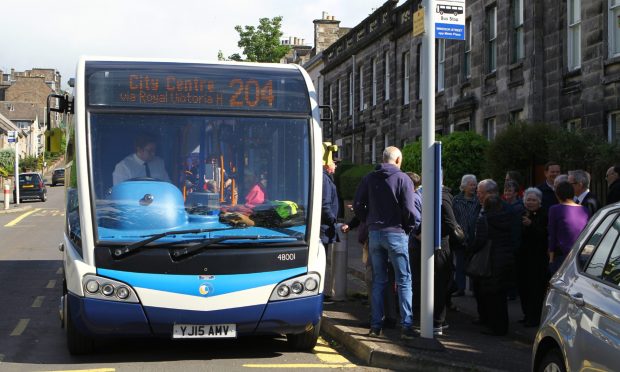
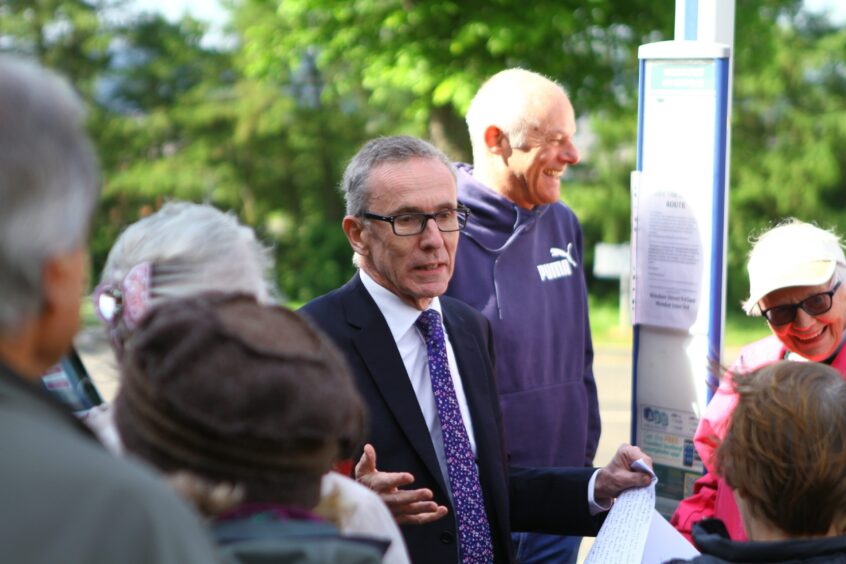
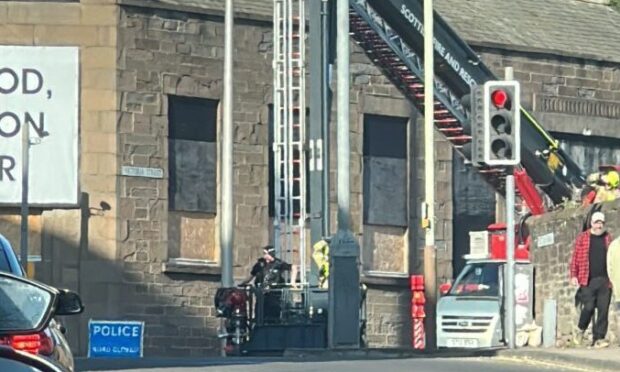


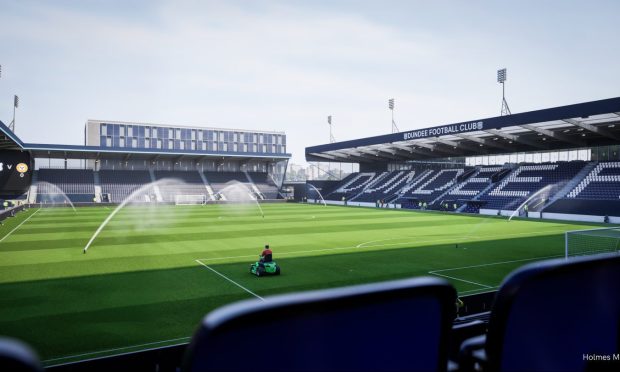

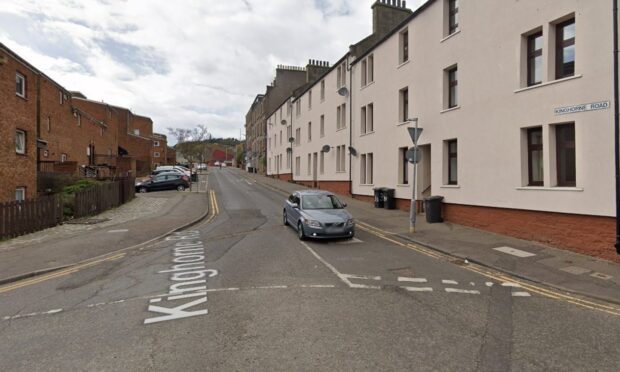
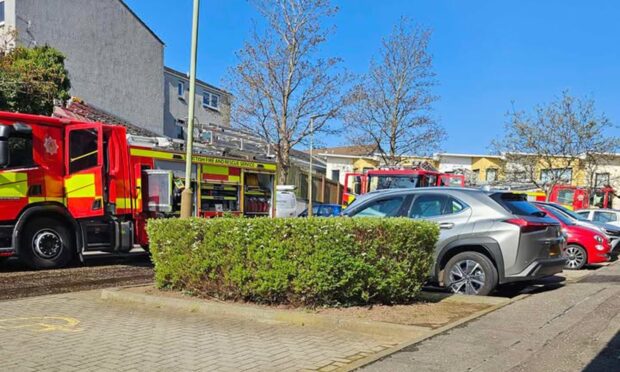
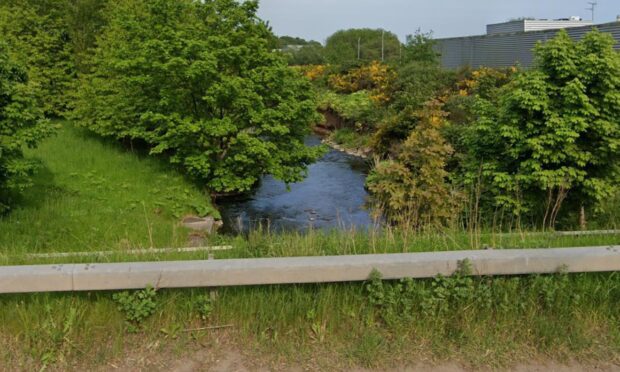

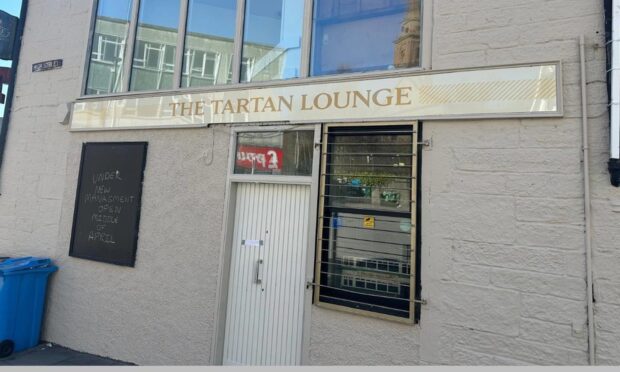
Conversation